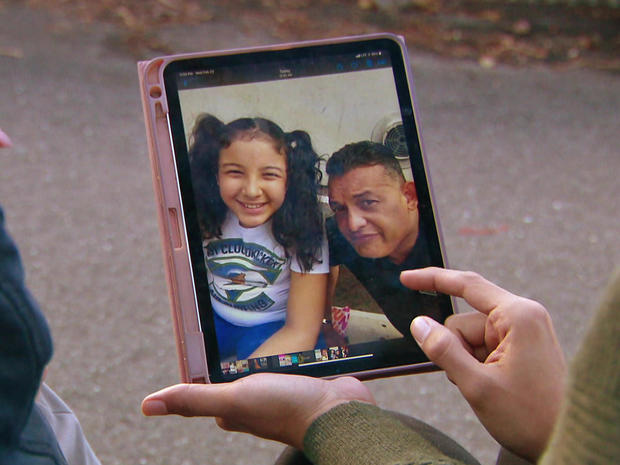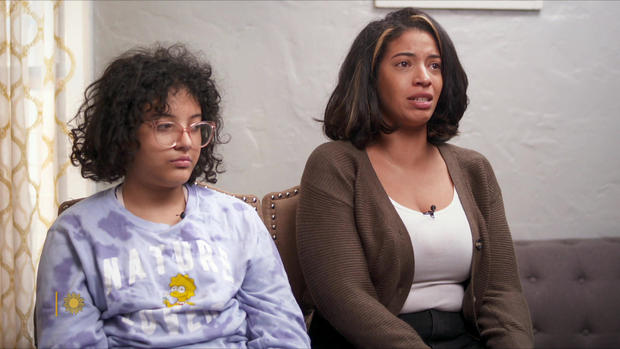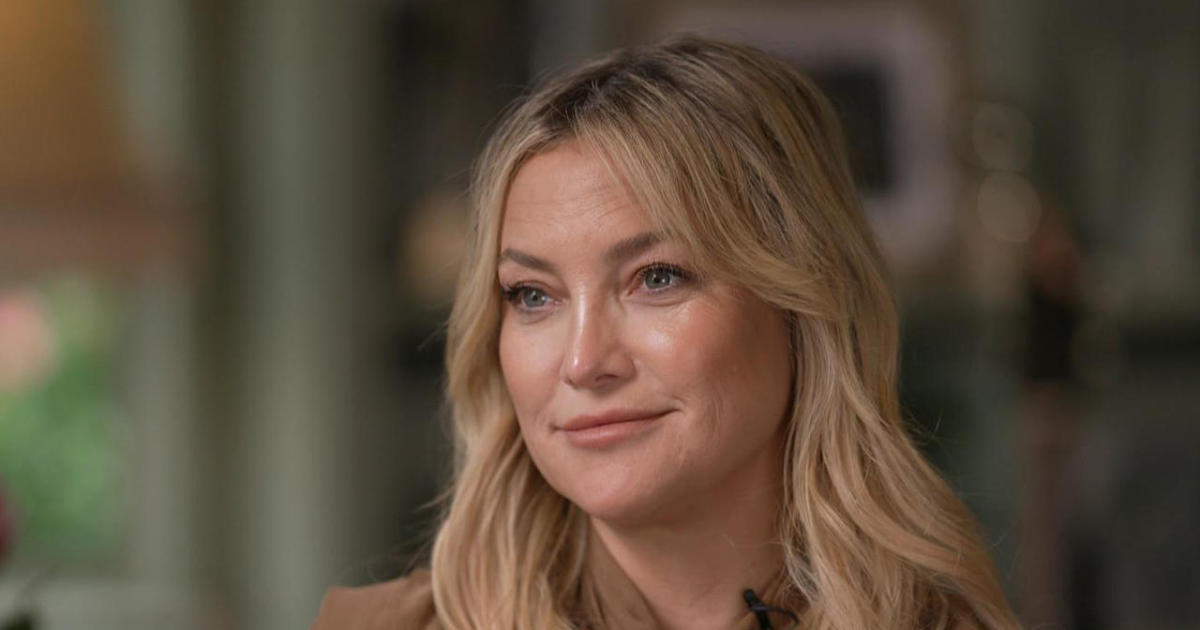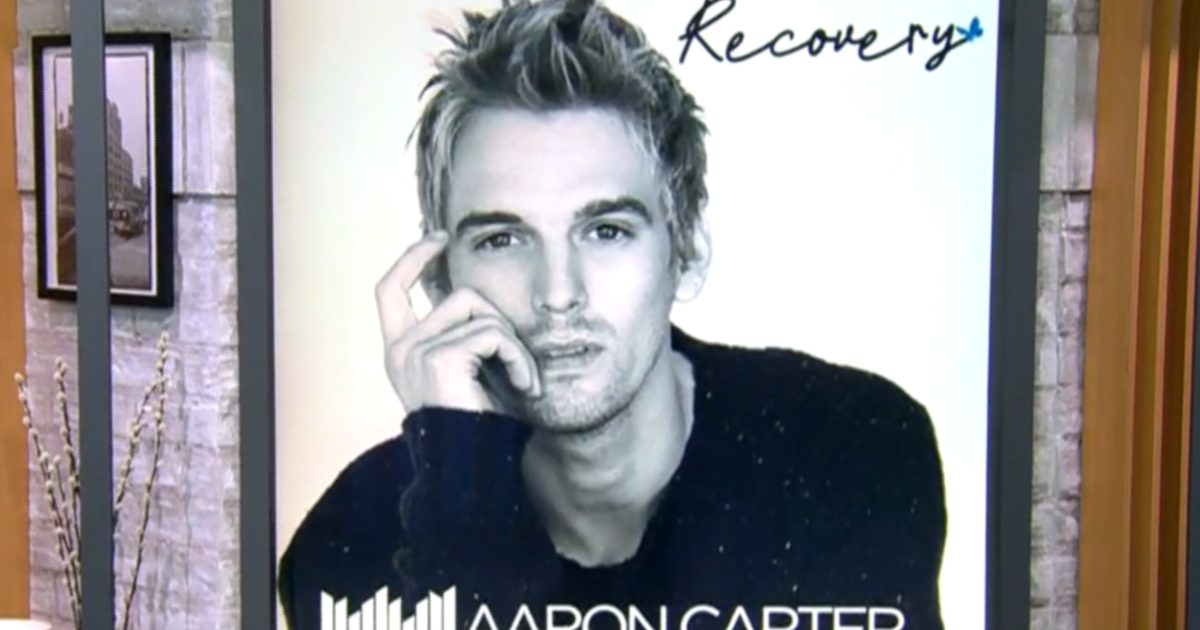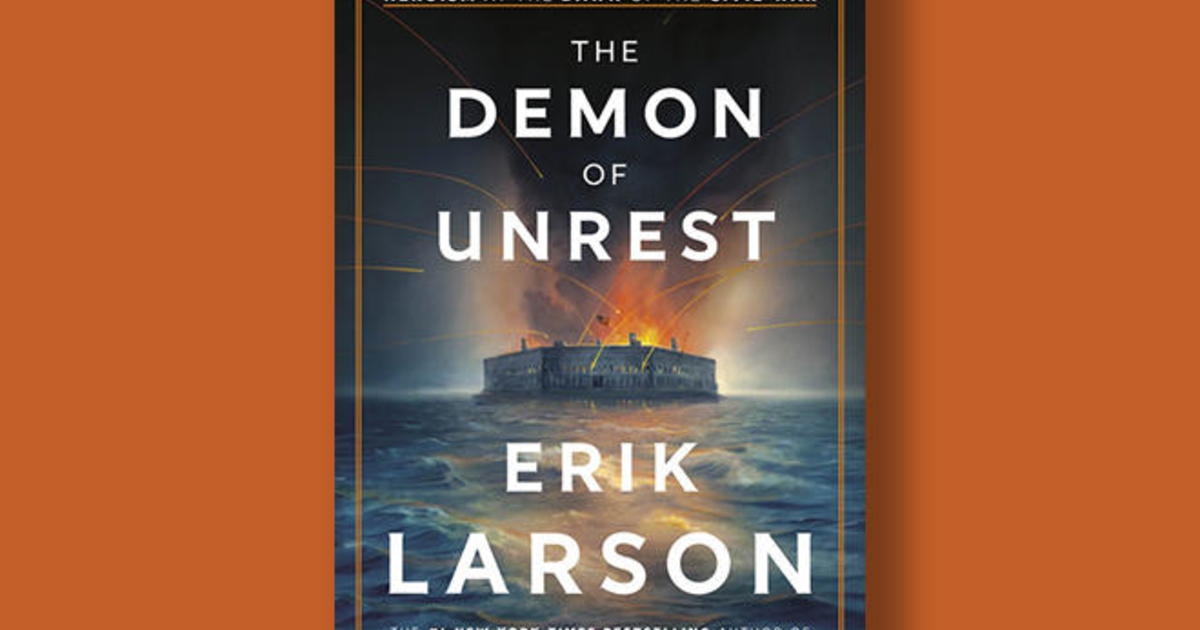Addressing the pandemic's mental health fallout
At home with her guinea pigs, Coco and Juliet, Natasha Beltran seems like a happy 12-year-old. But since 2020, she has been struggling with grief beyond her years.
"I remember my dad as a very funny guy that has a lot of friends near his neighborhood," she said. "And he likes to go to movie theaters, hiking."
But on April 28, 2020, her father, Julian Peña, just 50 years old, died of COVID in a Bronx, New York hospital.
Natasha's mother, Maxin Beltran, who is studying to be a nurse, told correspondent Susan Spencer, "The nurse called me and she said that it was really bad. They were running out of ventilators. And they said, 'We have to remove him.' And then, they removed him. And …. that was it."
Crying, Maxin said, "I didn't know how to tell her, so I had to, I pretty much didn't tell her."
"How did you tell her?" Spencer asked.
"I had to tell her daycare lady to help me tell her."
Natasha had not been able to go to the hospital to see him. "So, you never got to say goodbye?" asked Spencer.
No, she nodded.
And not being able to say goodbye haunts them both. Natasha said, "I thought, 'It's my fault that my dad died.' 'Cause I was, like, if you would have talked to him or be there for him, he would probably be alive."
Spencer said, "That's a terrible thing to try to live with."
"I know."
"It wasn't your fault."
Maxin added, "It wasn't, baby."
Psychologist Arthur C. Evans, Jr., who heads up the American Psychological Association, says unresolved grief is just one piece of the pandemic's widespread mental health fallout.
Spencer asked him, "When a 10-year-old loses her father, and can't even go to the hospital to say goodbye, how do you undo that?"
"Well, it's not a matter of undoing; it's how do we help children cope with those situations," Evans replied. "We're seeing the number of children going to emergency departments in psychiatric distress going up. We see a number of people who are dying because of overdose, over 100,000 people last year. We're seeing the number of people who are experiencing anxiety and depression at four times the rate, it's four times what it was before the pandemic."
In a country divided on everything, roughly nine out of 10 Americans agree: The U.S. is "in the grips of a full-blown mental health crisis," according to a USA Today/Suffolk University Poll.
And with masks coming off, Spencer asked, "Would you expect the mental health situation to also get a little bit better as the virus recedes?"
"No," said Evans. "It's gonna be with us. Because what we know from research is that when people experience these kinds of traumas – people after 9/11, or Hurricane Katrina – we expect to see people experiencing problems for at least another seven to ten years out."
"So, you're basically talking about a second pandemic?"
"We are, because if you look at the numbers of people that are affected, it's clearly at the scale of a pandemic," he said.
- Pandemic intensifies growing mental health crisis among teens ("CBS Evening News")
- Advocates Say Pandemic Causing Rising Mental Health Issues, Suicide Rates And Exploding Opioid Crisis (CBS New York)
One horrific number tells Natasha Beltran's story: more than 140,000 children have lost a parent or a caregiver to COVID.
And getting help for these kids can be almost impossible. "To find a children's therapist that is covered under your insurance, it was mayhem," Natasha said. "I couldn't find anybody. And I'm a single mom; I don't have her dad. I don't have any help or somebody that can chip in or contribute."
Evans said, "In most parts of the country, kids are seeing significant delays in getting the help that they need – not just weeks, but often months. And you know, that would be unacceptable if our kids had cancer, for example, and we were told that they can't see a physician for four months."
California may be about to change that. California Superintendent of Public Instruction Tony Thurmond, who oversees the state's education system with its more than 6.3 million students, said, "Every school I visit, I hear the same thing: 'We need more resources. We need more counselors.'"
Thurmond is pushing an ambitious bill before the legislature. Its goal: to build a pipeline of an additional 10,000 mental health clinicians in the California school system over the next several years.
- Push to hire 10,000 mental health clinicians in California schools amid the pandemic (CBS Affiliate KFMB)
Spencer asked, "I saw you quoted somewhere as saying, 'This is the way where we can leave an important mark.' What did you mean by that?"
"Job number one has got to be attending to our social-emotional learning needs of our kids," Thurmond said. "And so, I think that's the legacy that we have to leave."
In New York, the Beltrans went months without proper help, until they found a non-profit called The Children's Village.
Spencer asked Daphne Torres-Douglas, its vice president of behavioral health services, "We're always hearing all the time, 'Oh, kids are so resilient."
"Resilience doesn't take away the trauma," Torres-Douglas said. "We still have to address the fact that they're hurting."
Which is why The Children's village provides counseling free of charge. "We see a lot of young people suffering from losing family members," Torres-Douglas said. "And we see young people not having the ability to cope. And we see the adults not knowing how to help them."
The social worker assigned to the Beltrans worked with them in their home. Spencer asked them, "What was it about the social worker that reached you?"
"Oh, so many things," said Maxin. "It's just her energy. So positive, so calming. Like, 'I understand what you have gone through and I am here to help.'"
"You felt like you could talk to her?"
"Yeah," Natasha replied.
When asked how she thought the Beltrans are doing, Torres-Douglas replied, "They're doing really well. But this may be a long process for them, and that's okay. And as long as they have one another and they are connected to one another, and supporting one another, they're gonna be okay."
A hopeful outlook that, two years later, Natasha Beltran is ready to embrace.
Spencer asked, "Natasha, a lot of kids have lost parents or caregivers. What would you tell them?"
"It's not your fault," she replied.
"You won't ever stop missing him."
"No."
"But that's okay."
"I know."
For more info:
- The Children's Village
- Arthur Evans, Jr., Ph.D., CEO and executive vice president, American Psychological Association
- Tony Thurmond, state superintendent of public instruction, California Department of Education
- STEAM Symposium
Story produced by Amiel Weisfogel. Editor: Carol Ross.
See also:
